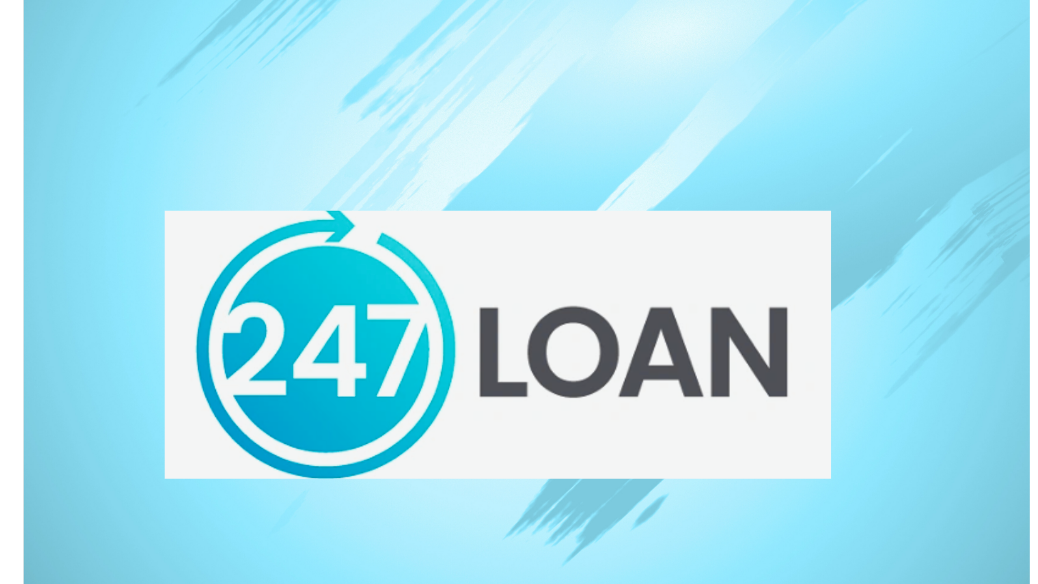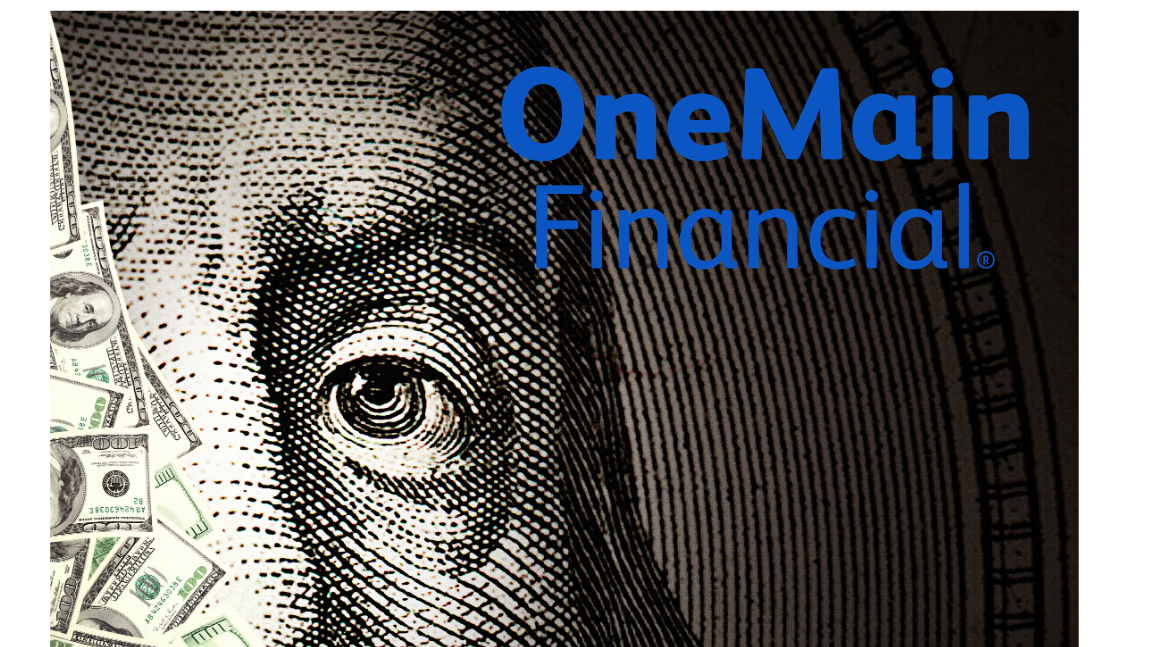Credit Cards
What is the advantage of cashback?
Cashback is one of the most desired credit card rewards. But is it right for you? This post will tell you how it works and how to use it.
Anuncios
Cashback is an excellent type of reward: take advantage of this benefit!
Cashback is a highly sought-after reward that many people enjoy. However, some individuals may not fully understand how it works. If you fall into this category, then this post is perfect for you.

Bank of America® Unlimited vs SavorOne Rewards
It's not easy to pick a new credit card with so many good options in the market. But if you're looking for one with cashback rewards, we have two options for you.
With so many credit card rewards and benefits available, it can be challenging to choose which one to use.
While benefits may appear to be similar, cashback possesses unique characteristics that make it a favorite among credit card users.
This post will examine how cashback operates, its advantages, and possible disadvantages, and help you determine if it is the best reward for your profile.
How does cashback work?
Cashback is essentially self-explanatory. It is a portion of the money you spend that goes back into your pocket, similar to receiving a discount.
The benefit is proportionate to how much you spend, so if you frequently use your credit card each month and it has cashback rewards, you could receive hundreds of dollars back at the end of the year.
Reward rates are usually low, ranging from 1% to 2% of your purchases. For instance, if you spend $1,000 monthly, you may receive $10 to $20 in cashback, totaling $120 or $240 by year-end.
It’s important to note that even small monthly differences can have a significant impact on the annual proportion, so pay attention to reward rates and consider them for at least a year.
The cashback reward benefit should at least cover the card’s annual fee. However, most credit cards designed for daily use with cashback typically have no annual fee.
Serás redirigido a otro sitio
Is cashback a good type of reward to take advantage of?
To make the most of your cashback rewards program, there are several factors to consider. Firstly, it’s essential to take into account the annual and/or monthly costs associated with your card. If there are excessive fees, the card may not be worthwhile.
Cashback rates are also a crucial factor to pay attention to. Even a small difference of 0.5% or 1% between one card and another can add up over a year.
Many cards offer bonus categories with rates of 3%, 5%, or even 10%. This can be very beneficial if the bonus categories align with your spending habits. For instance, if a card offers a cashback bonus on grocery purchases, but you dine out more frequently, that card may not be the best option for you. However, if it includes restaurants and takeout in the bonus categories, it could be ideal.
Additionally, it’s important to be aware of the bonus rewards cap. Some cards have a limit on the amount of spending that qualifies for the cashback bonus, while others have a minimum amount required to redeem the reward, as well as an expiration date.
See if cashback is a good choice for you: the pros and cons of a cashback rewards credit card
Cashback rewards are not inherently good or bad. One could argue that it is always beneficial, as it allows you to receive a percentage of the money you have already spent.
However, it is crucial to examine all the conditions associated with the rewards program. Let’s consider some of the advantages and disadvantages of cashback reward programs.
Cashback is simple to understand and to earn
Cashback rewards are straightforward and uncomplicated, as the name suggests. Unlike other types of rewards such as points and miles, which can be challenging to comprehend, cashback is a percentage of your monetary spend, making it easy to determine how much you have earned.
Furthermore, if you encounter any issues with the cashback amount, it’s easy to review and notify your issuer.
However, some reward programs can be confusing
Although cashback rewards are easy to comprehend, some rewards programs can be complicated. For instance, certain programs may have rotating bonus categories that change every month or every two months.
This can make it challenging to keep track of spending and turn the card into a scavenger hunt. Additionally, some programs have spending limits, which means that even if you believe you can earn a significant amount, your earnings may be restricted.
Take care with overspending
There is a psychological risk associated with cashback rewards, as humans are often driven by the satisfaction of winning something.
Having a cashback rewards card may tempt you to overspend, which is not the intended use of cashback advantages. It’s crucial to stick to your budget and spend only what you need. No cashback is worth overspending, as the percentage you earn is minimal, and you will ultimately end up losing money.
It’s essential not to be deceived by the notion that you are gaining an advantage, as the cashback reward is merely a small incentive for the money you would typically spend.
The value of your cashback rewards will not change
The most common types of rewards offered by credit cards are miles, points, and cashback. Among these, cashback is the easiest to calculate since the value is clear and straightforward.
For instance, 1% of $1 will always be $0.01, and 1% of $1,000 will always be $10. There is no variability in this relationship.
However, points and miles are more complex since various rewards programs assign a specific number of points or miles for each dollar spent on the card. The monetary value of these points and miles can differ based on the rewards program and can also fluctuate over time as you accumulate them.
Tendencias
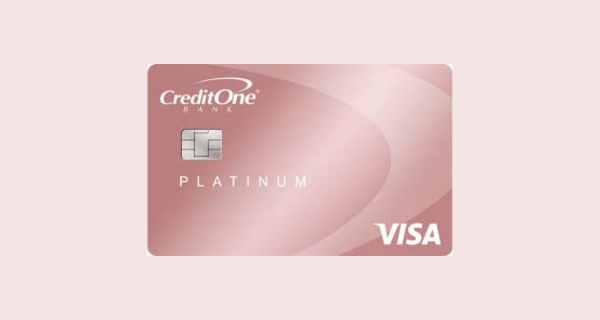
Review of the Credit One Bank Platinum Visa® Credit Card
A good credit card is needed to meet all your needs. The One Bank Platinum Visa is excellent! See more about it.
Continúe Leyendo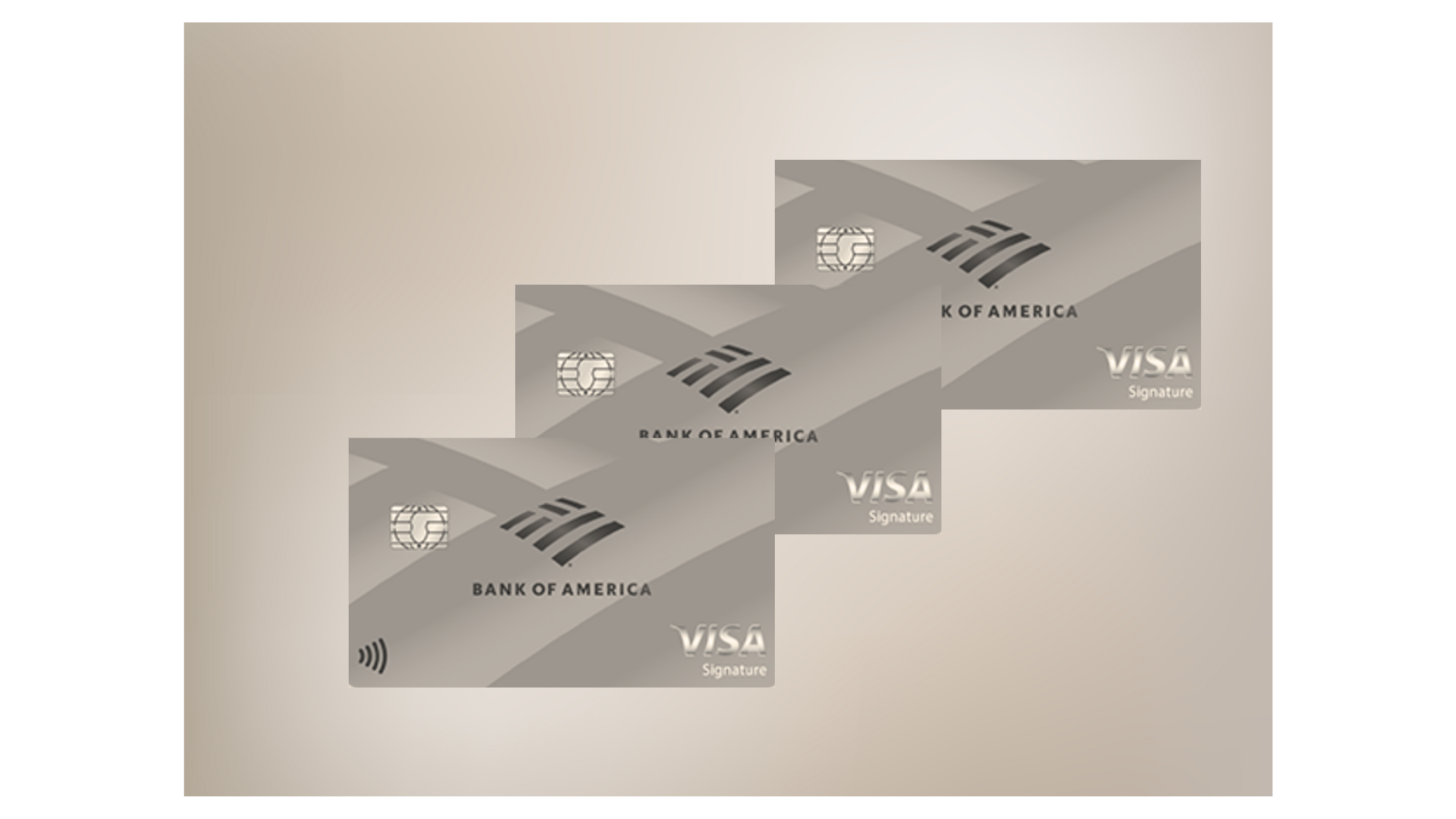
Bank of America® Unlimited Cash Rewards Card Review: Cashback on everything!
Get unlimited cash back with no complicated categories. Find out if the Bank of America Unlimited Cash Rewards Credit Card fits you.
Continúe LeyendoTambién te puede interesar
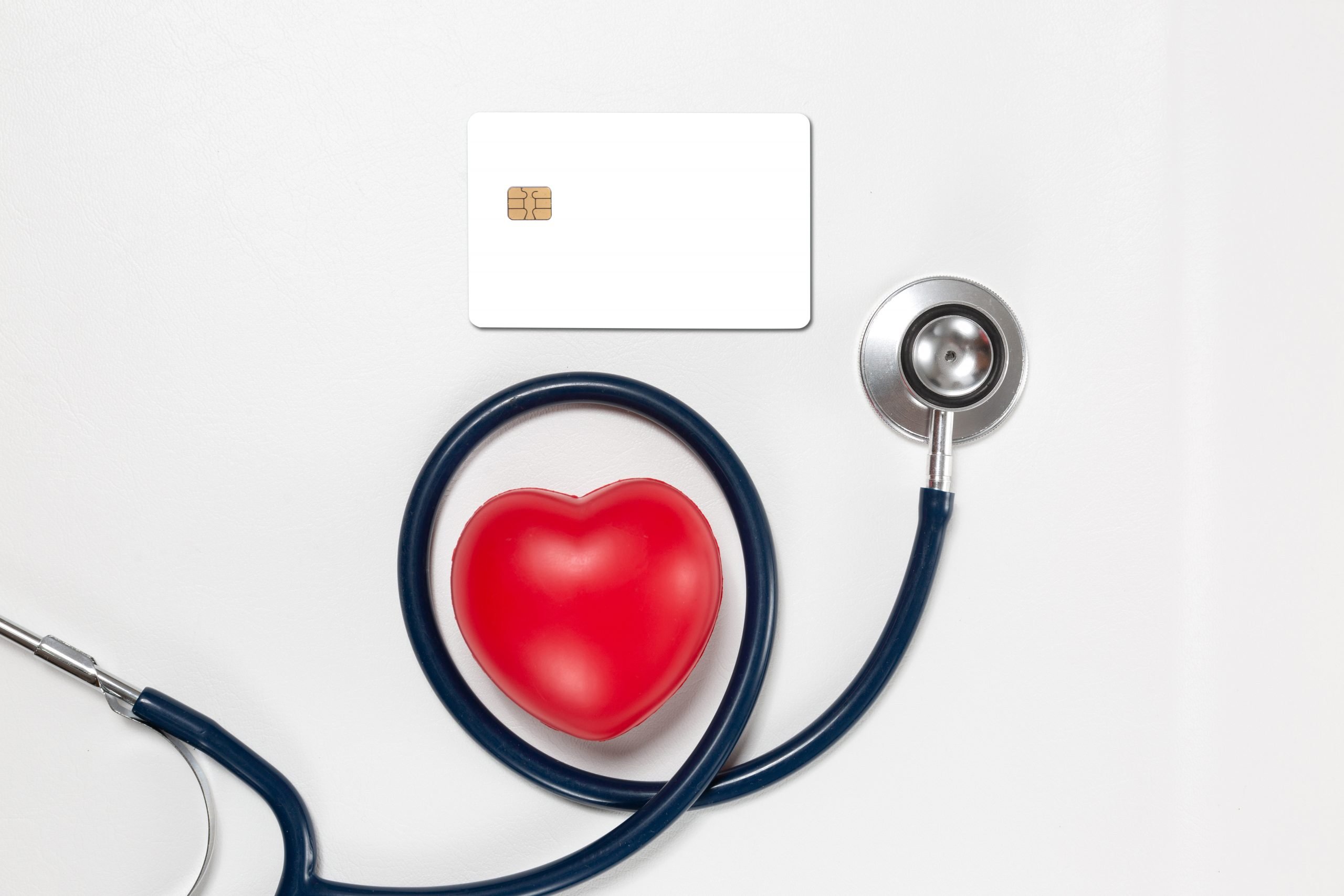
Health Savings Account: what it is and how does it work?
Do you know what a health savings account is? More than a preventive act, you could be investing tax-free. Learn how by reading this article.
Continúe Leyendo
Préstamo Rápido Credy: Descubre cómo obtener hasta 1.000€
Credy transforma la manera de solicitar préstamos personales: sin papeleo, sin demoras y con la posibilidad de aprobación en minutos.
Continúe Leyendo